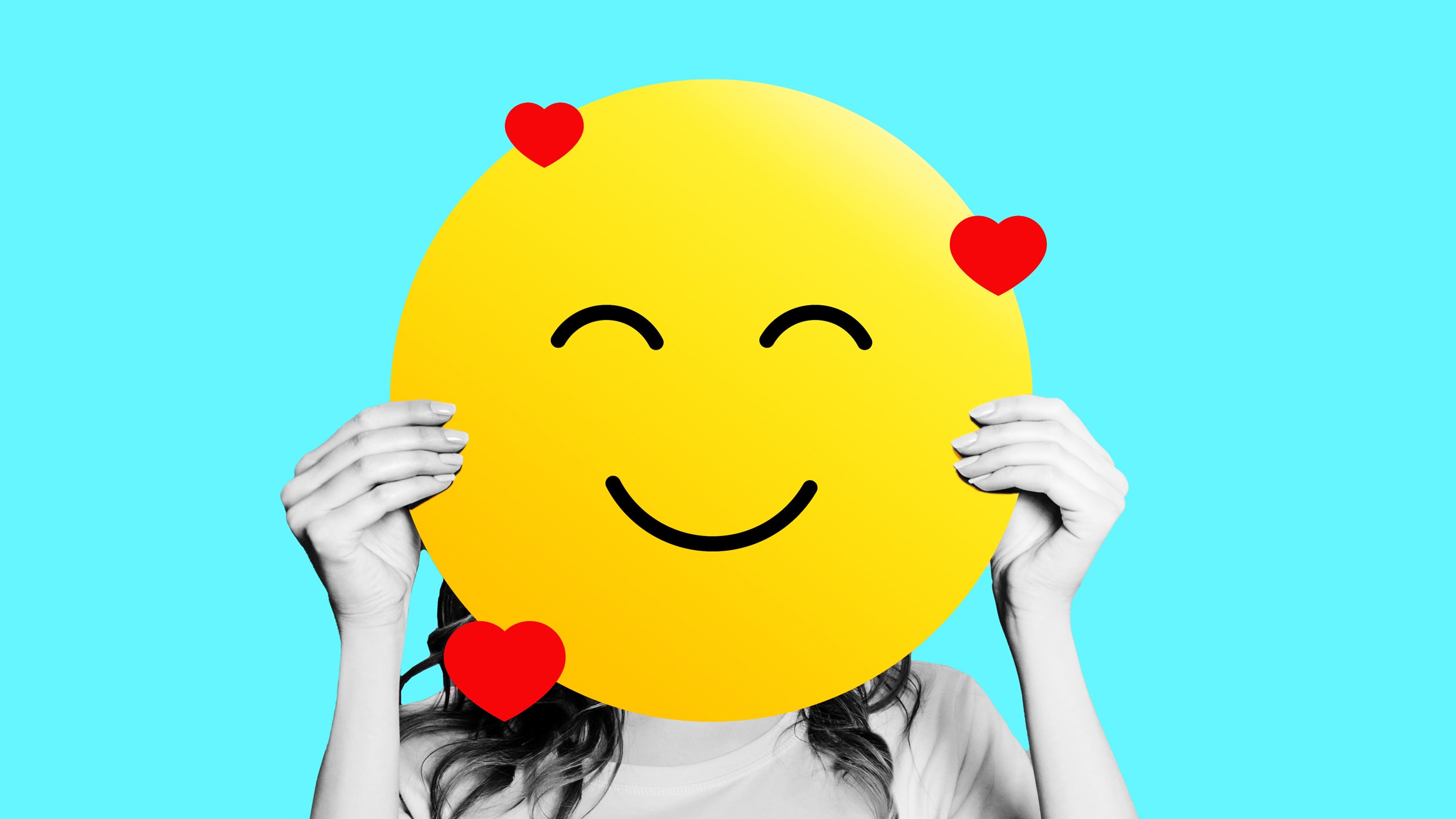Have you ever met someone and liked them immediately? Not in a romantic way, but in a connected, warm, “gosh, I’d love to have coffee with that person” way?
Some people are just likable. Others seem to think well of them without much effort on their part. And being likable can have its benefits, says Jenny Woo, founder and CEO of Mind Brain Emotion and creator of 52 Essential Relationship Skills, an emotional intelligence training game. “It does have a payoff, and it matters,” she says, noting that being likable helps you connect with others. When you can do that, you can communicate better and connect with people who are different from you, both of which can help you be more effective in the workplace.
But there’s a fine line between working on your likability and ease of connection versus people-pleasing, which can be detrimental, she adds. And it might not be surprising that likable people have some habits and traits that help them connect.
They are present
“The most likable people are not thinking about their likability,” says social interaction expert Patrick King, author of The Science of Likability: 27 Studies to Master Charisma, Attract Friends, Captivate People, and Take Advantage of Human Psychology. King says likable people are, instead, “present and just focused on the conversation, listening, and being curious about their conversation partner.” In other words, they are focused on creating a connection rather than their own impression or image management.
They give and share credit
In the workplace, Woo says likability increases when people give credit where it’s due. “It’s about sharing the spotlight,” she says. While someone might not be conventionally gregarious and outgoing or might have a difficult personality, giving credit to someone who worked on a project or came up with an idea makes them feel valued—and that goes a long way toward likability.
They are authentic
Showing up as who you truly are can enhance your likability, says executive coach J. Victor McGuire, founder of Coaching for Everyone, a nonprofit organization that offers affordable, high-quality coaching programs to BIPOC (Black, Indigenous, and people of color) individuals. “People are generally drawn to individuals who are genuine and who are transparent,” he says. “Coaches who are authentic in their interactions, for example, seem to be more trustworthy and relatable.” Authentic people may be seen as more trustworthy and reliable, too.
They are caring and empathetic
McGuire says that people tend to like others who are caring and empathetic. When you show other people that you care about their well-being and feelings, you become more likable, he says, adding, “This helps build a strong, trusting relationship with others.”
They are good and active listeners
Being a good listener and helping people feel heard also enhances likability, King says. He builds rapport through listening and being curious. “[N]ever interrupt unless you are adding on to what they are saying and agreeing with them—and after you interrupt, you have to hand the microphone back to them. Many interruptions are self-serving,” he says. Another tip: Make sure that you are asking at least one question about the other person for every three times you talk about yourself. “This helps maintain balance, and creates the feeling that you actually care,” he says.
They’re good communicators
People tend to like you more when you’re straight with them—even if the news isn’t great. That’s according to a 2023 study published in the Personality and Social Psychology Bulletin, which also reveals that ambiguity can hurt your likability, as it may be perceived as a way to dodge the truth. The study found that when people are ambiguous with their language, even when it’s to “soften the blow,” others make personality judgments about them, finding them less warm, less extraverted, and more cautious.
What’s not to like about likability?
There is an important point about likability that can’t be ignored, Woo mentions. It’s an area where bias can creep in. “You absolutely have to be mindful” of stereotypes and biases that exist, she says, “whether [they’re related to] your gender, your preferences, your culture, heritage, how you look, your race.”
Some people feel like they need to “code switch” or hide or change some aspect of themselves to fit in or not seem threatening. That can take its toll, Woo says. However, that awareness can also help you handle issues when they arise—and leave a memorable impression when you break through stereotypes or preconceived notions and achieve connection and understanding, she says.
And that concept cuts both ways. We should look for such biases in ourselves. “Being open to new ideas is also about being open to other people’s ideas and opinions,” Woo explains. When we find ourselves not liking a person, it’s important to explore why. Sometimes there are legitimate reasons, Woo adds, but sometimes the issues are rooted in different cultures, communication styles, or other issues that can be overcome when we’re aware of them.
Recognize your company’s culture of innovation by applying to this year’s Best Workplaces for Innovators Awards before the extended deadline, April 12.







